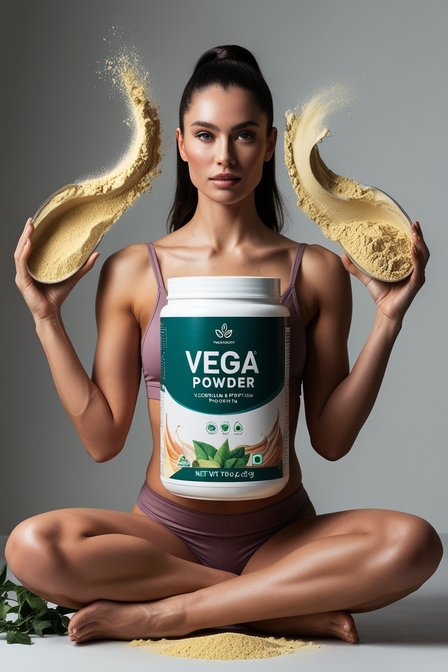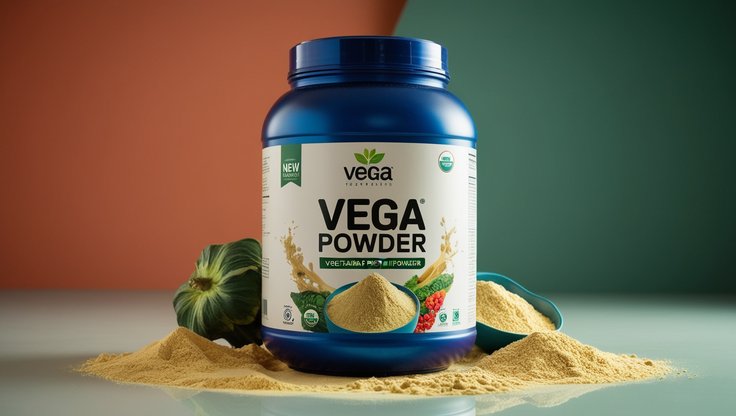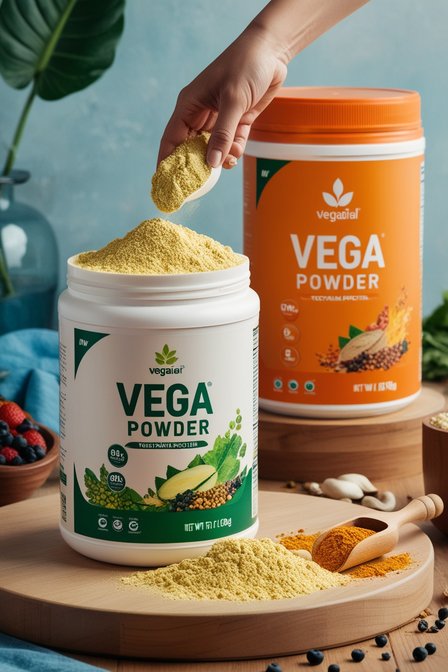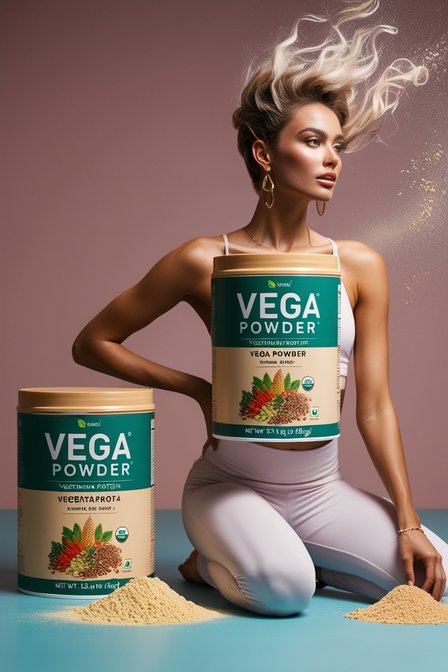Vegan Milk Powder: A Comprehensive Guide
Introduction to Vegan Milk Powder
Vegan milk powder is rapidly gaining popularity as a versatile, convenient, and sustainable alternative to traditional dairy products. Made from plant-based ingredients, vegan milk powders are ideal for those following a vegan lifestyle, individuals with lactose intolerance, or anyone looking to reduce their environmental footprint. This comprehensive guide explores the benefits, types, production methods, and uses of vegan milk powder, highlighting why it has become a staple in many households.
Benefits of Vegan Milk Powder
One of the primary benefits of vegan milk powder is its long shelf life. Unlike liquid plant-based milks, which need to be refrigerated and consumed relatively quickly, vegan milk powder can be stored at room temperature for extended periods. This makes it an excellent option for those who want to reduce food waste or who may not have regular access to refrigeration.
Vegan milk powders are also highly convenient. They can be easily transported and used in a variety of settings, from camping trips to office kitchens. Simply add water to the powder to create a fresh, plant-based milk on demand. This convenience extends to the versatility of the product; vegan milk powders can be used in cooking, baking, and even as a direct replacement for dairy milk in beverages like coffee and tea.
Nutritionally, vegan milk powders can be fortified with vitamins and minerals, such as calcium and vitamin D, to match or even exceed the nutritional profile of traditional dairy milk. Many brands also offer organic options, free from pesticides and genetically modified organisms (GMOs), appealing to health-conscious consumers.
Types of Vegan Milk Powder
There is a diverse range of vegan milk powders available on the market, each made from different plant-based sources. Some of the most popular types include:
- Soy Milk Powder: Made from soybeans, soy milk powder is rich in protein and contains essential amino acids. It has a creamy texture and a slightly nutty flavor, making it a popular choice for various culinary applications.
- Almond Milk Powder: Produced from finely ground almonds, almond milk powder has a delicate, sweet flavor. It is lower in calories compared to soy milk powder and is often fortified with additional nutrients.
- Coconut Milk Powder: Derived from dried coconut meat, coconut milk powder has a rich, tropical flavor and is high in healthy fats. It is particularly popular in baking and in recipes requiring a creamy consistency.
- Oat Milk Powder: Made from oats, oat milk powder has a mild, slightly sweet taste and is naturally high in fiber. It is often favored for its smooth texture and ease of use in beverages and recipes.
- Rice Milk Powder: Created from milled rice, rice milk powder is hypoallergenic and has a light, neutral flavor. It is an excellent option for those with allergies to nuts and soy.
Production Methods of Vegan Milk Powder
The production of vegan milk powder involves several steps to ensure a high-quality, shelf-stable product. The process begins with the selection of raw plant ingredients, which are cleaned and sometimes soaked to improve digestibility and nutrient availability.
The next step involves grinding the plant material into a fine paste or liquid. This base is then blended with water to create a slurry. Depending on the type of plant used, additional steps such as enzyme treatment or heat processing may be applied to break down complex carbohydrates and proteins, enhancing the texture and flavor of the final product.
Once the slurry is prepared, it undergoes a drying process to remove moisture. There are two main methods of drying: spray drying and freeze drying. Spray drying involves spraying the liquid slurry into a hot air chamber, where the moisture quickly evaporates, leaving behind fine particles of vegan milk powder. Freeze drying, on the other hand, involves freezing the slurry and then reducing the surrounding pressure to allow the frozen water to sublimate directly from solid to gas, preserving more of the nutrients and flavor.
The final step is packaging the dried powder in airtight containers to prevent moisture absorption and ensure a long shelf life.
Uses of Vegan Milk Powder
Vegan milk powder is incredibly versatile and can be used in numerous culinary applications. Here are some common uses:
- Beverages: Reconstitute vegan milk powder with water to create a plant-based milk suitable for drinking, adding to coffee or tea, or using in smoothies.
- Cooking: Use vegan milk powder in soups, sauces, and curries to add creaminess without dairy. It can be particularly useful in recipes requiring a non-dairy substitute that won't spoil quickly.
- Baking: Vegan milk powder can be used in baked goods such as cakes, cookies, and breads. It can provide moisture and enhance the texture of the final product.
- Desserts: Create dairy-free desserts like puddings, ice creams, and custards by using vegan milk powder as a base.
Environmental Impact of Vegan Milk Powder
The environmental benefits of vegan milk powder are significant. Traditional dairy farming is resource-intensive, requiring large amounts of water, land, and feed for cattle. It also generates substantial greenhouse gas emissions, particularly methane from cows. In contrast, plant-based milk production generally requires fewer resources and results in lower emissions.
For instance, producing almond milk powder uses significantly less water than dairy milk. Similarly, soy and oat milk powders have a much smaller carbon footprint compared to their dairy counterparts. By choosing vegan milk powder, consumers can reduce their environmental impact and contribute to more sustainable food systems.
Health Considerations and Allergen Information
While vegan milk powders offer numerous health benefits, it is essential to be aware of potential allergens. For example, soy and almond milk powders may not be suitable for individuals with soy or nut allergies. However, options like oat and rice milk powders are generally considered hypoallergenic and can be safer alternatives for those with food sensitivities.
When selecting a vegan milk powder, it is also important to read the ingredient list and nutrition facts. Some products may contain added sugars, artificial flavors, or preservatives. Opting for organic and minimally processed varieties can ensure a healthier choice.
Market Trends and Consumer Preferences
The market for vegan milk powder is expanding rapidly, driven by growing consumer awareness of health and environmental issues. Increasingly, people are seeking plant-based alternatives that are not only nutritious but also convenient and sustainable.
Brands are responding to this demand by offering a wide range of products tailored to different tastes and dietary needs. From fortified options rich in essential nutrients to organic and non-GMO varieties, the choices available cater to a diverse consumer base.
Conclusion
Vegan milk powder is a versatile and sustainable alternative to traditional dairy products. With its long shelf life, convenience, and wide range of applications, it is an excellent choice for anyone looking to incorporate more plant-based options into their diet. Whether used in beverages, cooking, baking, or desserts, vegan milk powder offers a nutritious and environmentally friendly solution that aligns with modern dietary preferences and ethical considerations.
As the market continues to grow, consumers can expect to see even more innovative and diverse vegan milk powder products, making it easier than ever to enjoy the benefits of plant-based living.



